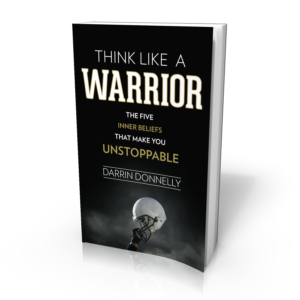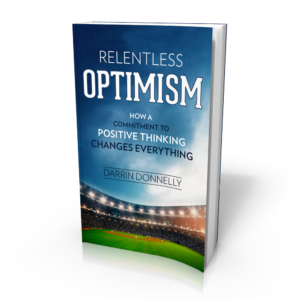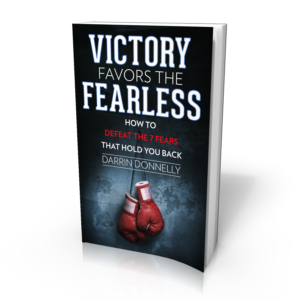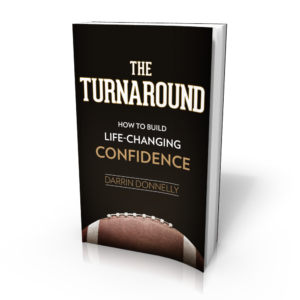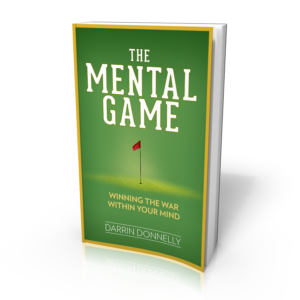 Whatever your dreams are in life, the most surefire way to prevent them from coming true is to be afraid of what might happen if you fail while going after them. Sadly, this fear of failure is probably the most common dream-killer there is.
Whatever your dreams are in life, the most surefire way to prevent them from coming true is to be afraid of what might happen if you fail while going after them. Sadly, this fear of failure is probably the most common dream-killer there is.
Gary Mack, the late sports psychology consultant who influenced thousands of athletes, coaches, and business leaders, explained why the fear of failure is so detrimental to your success…
The fear of failure, more than any single thing, keeps people in sports, and in all avenues of life, from realizing their full potential. Fear of failure prevents more from succeeding than any opponent. Fear creates the conditions that keep athletes from winning.
“Fear of failure can restrict a player,” said Chuck Noll, the former Pittsburgh Steelers coach. “It can kill him as an individual. If one continually worries about failing, he’ll get so tight that he will fail.”
One of the paradoxes of sports is that fear of failure actually makes failure more likely.
As Noll said, the thought of negative consequences threatens you, inhibits you, and tightens you up. Fear of failure leads to contracted muscles and shortened breathing. It overloads the system with stress. Fear makes you play safe. Fear makes you play small.
You see this in golf. Facing an impossible 40-foot putt, a golfer is more relaxed than when he stands over a dreaded four-foot putt. Why? Because the player is afraid to fail.
When you’re not afraid to fail, your chances of succeeding improve.
— Gary Mack, from his book Mind Gym
The fear of failure is just as devastating in other areas of life as it is in sports.
When an important decision needs to made, the fear of choosing wrong can be paralyzing and lead to harmful delays or no decision at all.
Other times, the fear of failure can cause one to play it way too safe. Ironically, it’s the desire to play it safe that leads to failure.
We see this all the time in sports, but also in business. (Quick example: did you know that the CEO of Netflix approached the CEO of Blockbuster back in 2000 and offered to sell Netflix to Blockbuster for $50 million? Blockbuster’s CEO turned down the opportunity, feeling that “on demand” and “streaming” video was too small of a niche. He chose to play it safe and focus on traditional videos rentals. Today, Netflix is a company worth more than $60 billion and Blockbuster no longer exists.)
Worst of all, the fear of failure is the single biggest reason most people never begin to chase their dream in the first place. “What if I go after my dream and fail?” they ask.
What they should be asking is, “What if I go after my dream and succeed?!”
